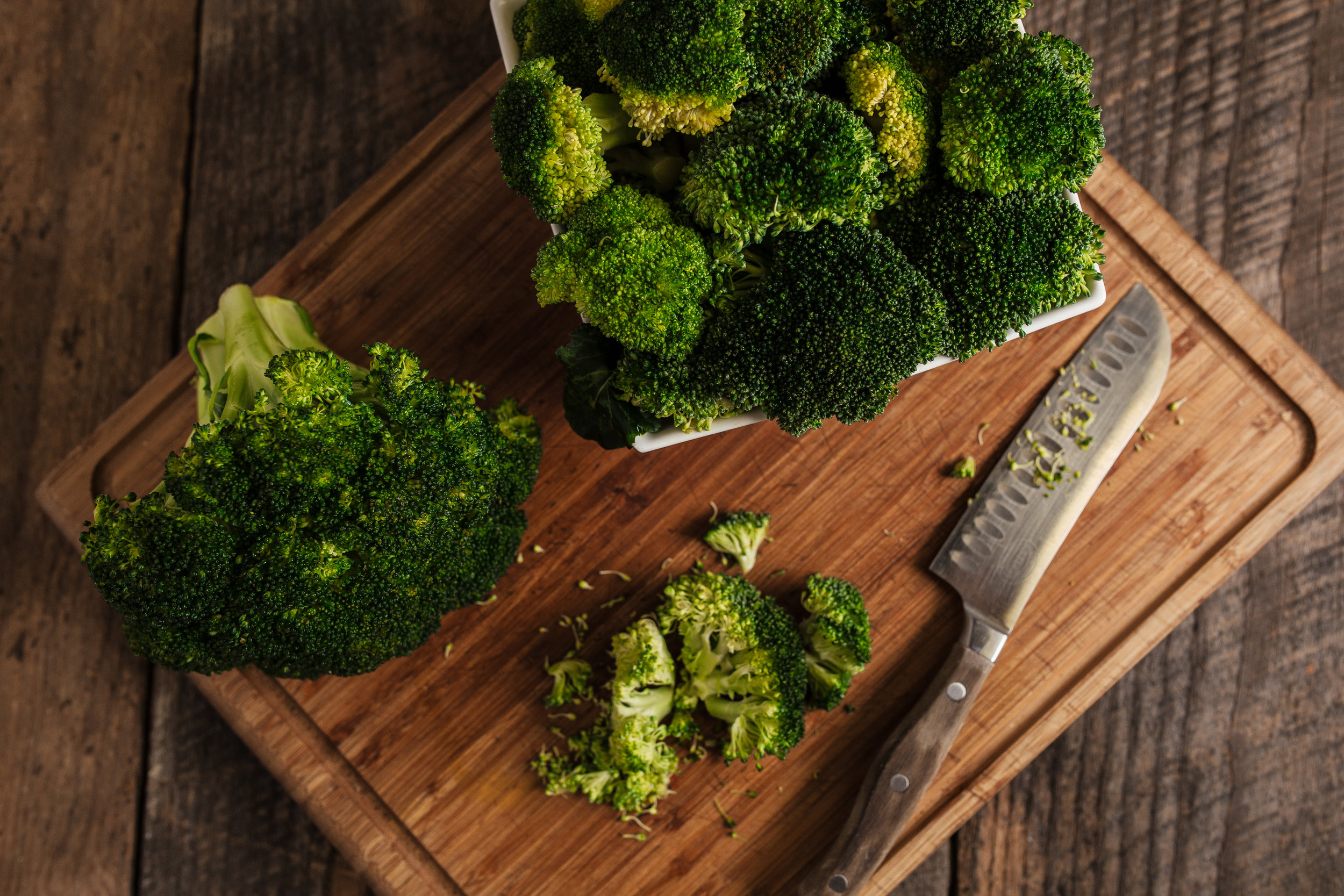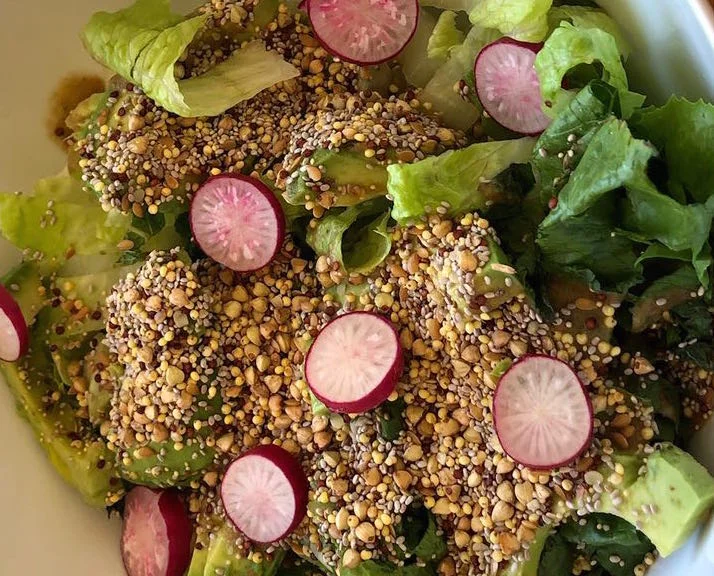Protein - How Can You Ensure You Get Enough On a PBD?
What is Protein?
Protein is one of three vital macro-nutrients, together with carbohydrates and fats. Protein is actually made up of 21 amino-acids: nine of which are essential - we need to consume them through food - the others can be made by your body from those nine.
It might surprise you to discover that almost all foods contain amino-acids, and therefore protein. For example: broccoli, sweet potato and even rice has protein in it. Most people who eat sufficient calories actually exceed their recommended protein intake: it’s simply a case of ensuring you’re eating multiple plant-based protein sources.
Why do we need Protein?
If you don't get enough protein in your diet, your health and body composition will suffer. Protein is required in order to build cells, organs and muscles.
Proteins are the building blocks of your body. They are used to make everything from “muscles, tendons, organs and skin, as well as enzymes, hormones, neurotransmitters and various tiny molecules” that serve many essential and important functions. (source)
Without protein, life as we know it would simply not be possible. In addition, eating protein is known to promote satiety and aid in weight loss. If you’re trying to lose weight, ensuring that you’re getting sufficient protein can be helpful and feeling fuller for longer!
Where can you get it from?
Meat is often touted as the single source of protein, however, there is an abundance of plant-based sources which come packed with antioxidants, fiber, minerals, vitamins and phytochemicals.
Using the grain quinoa as an example, 100 grams provides 14 grams of protein along with 25 percent of the RDA for both iron and vitamin B6 and almost 50 percent of the RDA for magnesium. It also packs 563 mg of potassium.
The same measure of beef comes in at 26 grams of protein, and only 14 percent iron, 20 percent B6, a measly 5 percent magnesium and 318 mg of potassium. It’s also double the fat at 15 grams with 90 mg of cholesterol, while quinoa has just 6 grams of fat and zero cholesterol.
Some of the best plant-based sources of protein are cheap and easy to find:
100g black beans = 21g protein
100g hemp seeds = 31g protein
50g almonds = 10g protein
50g sunflower seeds = 10g protein
100g tempeh = 20g protein
100g Oats = 17g protein
2 tbsps tahini = 8g protein
100g chickpeas = 19g protein
How much do we need?
The DRI (Dietary Reference Intake) is 0.8 grams of protein per kilogram of body weight, or 0.36 grams per pound.
This amounts to:
56 grams per day for the average sedentary man.
46 grams per day for the average sedentary woman.
In order to ensure that you’re getting all 9 essential amino-acids it’s worth making sure that you’re eating a variety of protein sources. Interestingly, these are common combinations such as rice with beans or hummus with whole-grain bread.
The right amount of protein for any one individual depends on many factors, including their activity level, age, muscle mass, physique goals and current state of health. For this reason, people who want a lot of muscle need to eat a greater amount of protein (and lift weights, of course). It’s well documented that a higher protein intake helps build muscle and strength.
However, there is such a thing as too much protein. Overconsumption, specifically of animal protein, is serious and research shows that it promotes the growth of cancer cells, causes digestive problems, and leads to harmful mineral imbalances.
This is because animal proteins increase the amount of IGF-1 (insulin-like growth factor) in your blood. IGF-1 is a natural human growth hormone instrumental in normal growth during childhood, but in adulthood can promote abnormal growth...and helps cancers to grow!
And if eating stuff that makes cancers cells grow isn’t bad enough, diets that rely heavily on animal protein are typically also much higher in compounds that contribute to cardiovascular disease, such as saturated fat and cholesterol. Even lean sources are still filled with additional hormones and antibiotics, as well as bacteria, parasites and carcinogens.
With that in mind, stick to a mix of nutrient-dense, plant-based protein sources and enjoy feeling satiated, building muscles and having a healthy heart at the same time!



